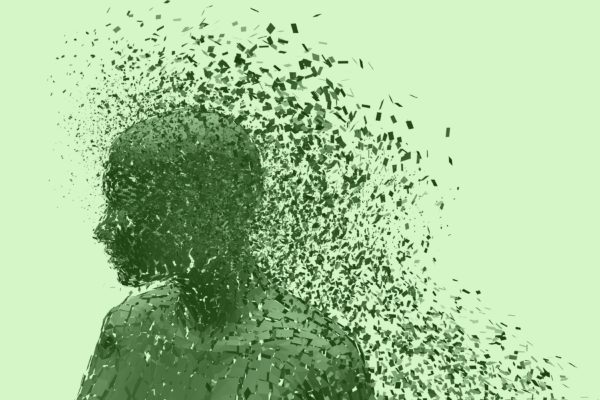
Anxious people fret. Depressed people brood.
Anxious people worry about what may happen, while depressed people ruminate about what has already happened. In each case, life becomes more and more constricted.
Sometimes the two conditions may look similar because both use avoidance as a coping strategy. Think of avoidance as going back to bed and pulling the covers over your head: back to the womb. Safe and secure. Everyone has the urge to go back to bed to avoid facing some task or situation at one time or another, but depressed or anxious people turn to avoidance habitually.
In both cases, the anxious or depressed person may even end up avoiding people, places, and things they used to love. The difference is that the anxious person is avoiding occasions that trigger overwhelming, out-of-control feelings of panic, while the depressed person has lost the ability to feel pleasure in once-loved activities.
Anxiety that Causes Phobias
For instance, Julie was missing out on occasions like social and family gatherings, going to a favorite antique store, or seeing shows she used to enjoy—all because she was afraid to drive on freeways. She would go far out of her way to avoid them. Google Maps allowed her to program her navigation system to skip all freeways and bridges. But just getting from point A to point B on surface streets was too time consuming and life restricting. She didn’t apply for jobs that required driving across a bridge. She stayed home more and more. Eventually, even driving across town was daunting. She was miserable.
When a phobia such as Julie’s is pervasive, it prevents experiencing the fullness of life. Because her anxiety was interfering with her happiness, Julie was motivated to tackle her fear of driving. She came to therapy with a willingness to stick with it, even though she knew her anxiety would increase (at least temporarily). We outlined a plan that would allow her to gradually try driving on the freeway—getting on an easy entrance close to her home and then taking the very next exit. We worked on relaxation and self-soothing so that she would be able to calm herself when she noticed the beginnings of panic. We discussed ways she could cope when she felt anxious.
Exposure Therapy Helps Master Fears
We also explored how she was holding herself back from pleasurable activities. She listed the things she would like to do if able to drive further from home, such as visiting a certain antique shop and crossing the Bay Bridge to see a show in San Francisco. Making this list helped her stay motivated when she wanted to give up.
Psychologists call what we did exposure therapy. We slowly introduce the feared situation in a way that is tolerable. This allows for mastery and gradually increases confidence. Avoidance is the opposite of mastery. It is not easy to face fears. It takes persistence and sustained motivation.
- Psychotherapy in the Virtual Space: How teletherapy has changed the way we give and get care - April 26, 2021
- (home video area – couples counseling) - November 23, 2011
- (home video area – mindfulness) - November 23, 2011


Leave a Reply